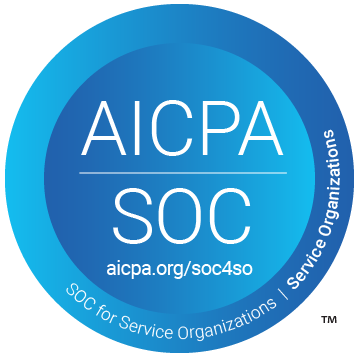Products
 Solutions
Solutions
Compensation & Governance Insights
Board meeting preparation and analysis
Executive Compensation
Benchmark executive pay
ERIC (AI-Powered Proxy Analysis)
Extract proxy insights using AI

Visit the new ExecAtlas.com to learn more about ExecAtlas, our Executive Engagement and Relationship Intelligence platform.
Resources

Visit the new ExecAtlas.com to learn more about ExecAtlas, our Executive Engagement and Relationship Intelligence platform.
ExecAtlas








